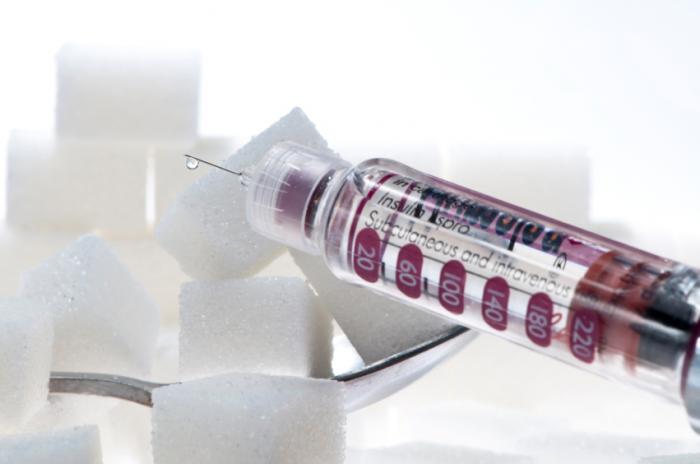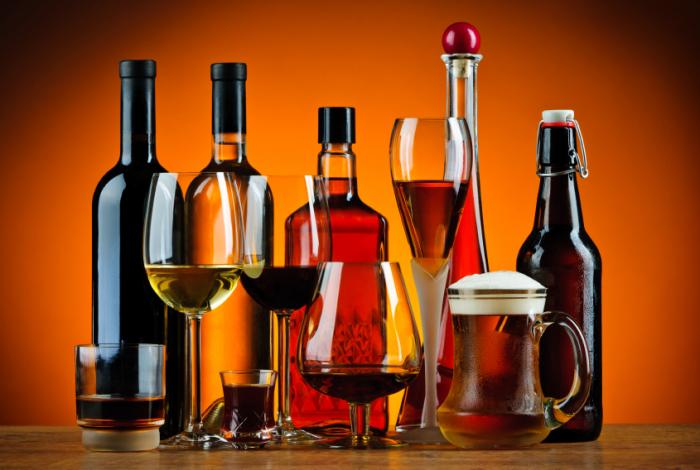It is not uncommon to enjoy a glass of wine with dinner or to have drinks after work with friends. Alcohol consumption is very prevalent in the United States.According to the National Institute on Alcohol Abuse and Alcoholism, in 2014:
1. 87.6 percent of people age 18 and older reported drinking alcohol at some point in their lifetime
2. 71 percent reported drinking in the past year
3. 56.9 percent reported drinking in the past month
For many people, a glass of alcohol here and there does not pose a problem. For those with certain health conditions such as diabetes, however, alcohol can affect blood sugar levels and pose a health risk. It is important for them to understand what alcohol is and how it affects blood sugar levels.
Alcohol and blood sugar levels
A person's overall health plays a big role in how they respond to alcohol. People with diabetes or other blood sugar problems must be careful when consuming alcohol.
Alcohol consumption can interfere with blood sugar as well as the hormones needed to maintain healthy blood sugar levels. Frequent heavy drinkers can wipe out their energy storage in a few hours.
Over time, excessive alcohol consumption can reduce the overall effectiveness of insulin. This results in high blood sugar levels. Many people with alcoholic liver disease also have either glucose intolerance or diabetes.
Normal fasting blood sugar levels should range from 70-100 milligrams per deciliter. People who have diabetes generally have a blood sugar level higher than 126 milligrams per deciliter.

Uncontrolled diabetes increases the risk of:
1. Heart and blood vessel disease.
2. Nerve damage
3. Kidney damage
4. Eye damage
5. Skin conditions
6. Foot damage
People with diabetes have to be very careful when it comes to drinking alcohol. It is a good idea that they talk to their doctor so that they thoroughly understand the risks involved.
Some medicines should not be taken with alcohol. People with diabetes should make sure to pay attention to any potential warnings.
Alcohol consumption can lead to dangerously low blood sugar. This is because the liver has to work to remove the alcohol from the blood instead of managing blood sugar levels.
Symptoms of low blood sugar are similar to the symptoms of too much alcohol, including:
1. Confusion
2. Sleepiness
3. Blurry vision
4. Headaches
5. Lightheadedness or dizziness
6. Lack of coordination
7. Headaches
8. Unconsciousness
Tips for people with blood sugar problems
People with blood sugar problems should avoid mixed drinks and cocktails. These drinks are often full of sugar and emptycalories and will increase blood sugar levels.
The American Diabetes Association recommend the following for people with diabetes when they drink:

1. Women should not have more than one drink per day
2. Men should not have more than two drinks per day
3. Do not drink on an empty stomach or when blood sugar levels are low
4. Do not replace food with alcohol in a meal plan - do not count alcohol in a food plan as a carbohydrate choice
5. Sip drinks slowly to make them last
6. Keep hydrated with zero-calorie drinks like water or diet soda
7. Try a light beer or wine spritzer
8. Be wary of heavy craft beers, as these can have twice as much alcohol and calories as lighter beers
9. Choose calorie-free drink mixers like diet soda or diet tonic water








